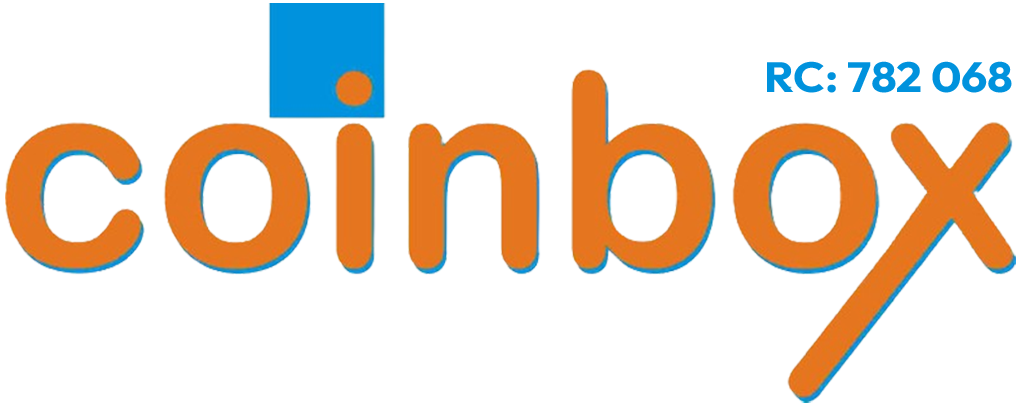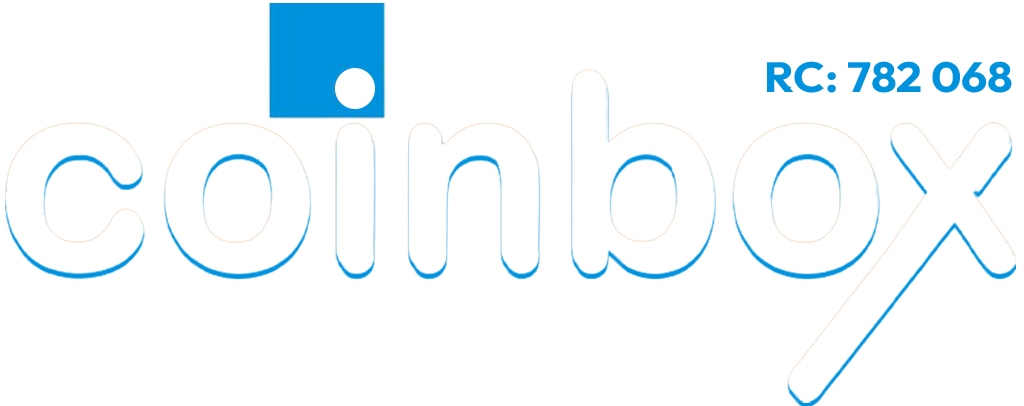Beyond the “Bros”: Navigating Professionalism in a Culturally Familiar Workplace
Nigeria, and indeed much of Africa, thrives on close-knit relationships. From the warmth of a shared meal to the ubiquitous use of informal terms like “Bros,” “Sister,” “Uncle,” or “Aunty,” our societies are built on a foundation of familiarity and community. This cultural fabric naturally extends into the workplace, creating environments that can feel more like an extended family than a rigid corporate structure.
While this familiarity fosters a sense of belonging and camaraderie, it also presents a unique challenge: how do we maintain high standards of professionalism when the lines between personal and professional can easily blur? This blog post will delve into this fascinating dynamic, offering insights, examples, and strategies for thriving in a culturally familiar yet professional workplace, both in Nigeria and across the African continent.
The Warm Embrace of Familiarity: A Double-Edged Sword

In many African cultures, relationships are paramount. Business deals are often sealed not just on merit, but on the trust built through personal connections. This “relationship-based” approach extends to internal workplace dynamics. Instead of sterile corporate interactions, you might find colleagues addressing each other with kinship terms, sharing personal stories, and offering support that goes beyond typical work boundaries.
The Case of Emeka and ‘Bros’ Tunde

Consider Emeka, a young, ambitious engineer starting his career at an oil service company in Port Harcourt. His direct supervisor, Mr. Tunde, quickly became “Bros Tunde.” This wasn’t just a friendly nickname; it signified a genuine mentorship and a relaxed, approachable atmosphere. Emeka felt comfortable asking questions, even personal ones, and often found himself staying late, not just to work, but to chat with Bros Tunde about life, family, and future aspirations.
This familiarity was initially a huge comfort. It made the steep learning curve feel less intimidating and fostered a strong sense of loyalty. Emeka saw Bros Tunde as a big brother, someone who would always have his back.
However, a challenge arose when Emeka noticed Bros Tunde often arrived late to team meetings and sometimes delegated tasks haphazardly, assuming others, especially Emeka, would pick up the slack without formal instruction. Confronting “Bros Tunde” about professional lapses felt like disrespecting an elder or breaking a family bond. This emotional entanglement, while fostering loyalty, also made holding colleagues accountable a delicate tightrope walk.
The African Context: More Than Just “Bros”
The phenomenon of informal titles and relationship-driven interactions isn’t unique to Nigeria. Across Africa, collectivistic cultures often prioritize group harmony and respect for seniority. In Ghana, it might be “Aunty Ama”; in Kenya, “Baba John.” These terms carry weight and implicitly suggest a different set of interaction rules than a purely transactional professional relationship.
Insights from Research:
Research by authors like Adagbabiri and Okolie (2020) on human resource management practices in Nigeria’s oil and gas sector highlights the importance of fostering a “firm-based family culture” to enhance employee involvement and commitment. This suggests that while informality can bring challenges, it also contributes positively to workplace cohesion and loyalty when managed effectively (IIARD, n.d.). However, the same studies often subtly point to the need for clear structures and ethical frameworks to avoid the pitfalls of such informal dynamics.
The Pitfalls of Blurred Lines: When Familiarity Breeds Unprofessionalism
While the familiar workplace can be a source of strength, the blurred lines, if not consciously managed, can lead to:
- Difficulty in Accountability: As Emeka experienced, holding a “Bros” or “Aunty” accountable for missed deadlines or subpar performance can be culturally awkward, potentially leading to a decline in productivity and quality.
- Nepotism and Favoritism: The strong emphasis on relationships can, at times, open doors to favoritism, where personal ties overshadow merit in promotions, task assignments, or even disciplinary actions (IRJMETS, n.d.).
- Informal Communication Challenges: While speed is an advantage, informal communication (the “grapevine”) can lead to misinterpretation, unreliability, and the spread of rumors, impacting trust and organizational stability (Clearinfo, n.d.).
- Lack of Clear Boundaries: Without defined professional boundaries, personal issues might spill into work, leading to emotional drain, reduced focus, and compromised decision-making (Ann Craft Trust, n.d.).
- Perceived Injustice: When professional decisions appear to be swayed by personal relationships rather than objective criteria, it can lead to resentment, demotivation, and high employee turnover among those who feel overlooked.
Navigating the Nuances: Strategies for Professionalism

So, how do we harness the benefits of a culturally familiar workplace while safeguarding professionalism? It’s a delicate balancing act that requires intentional effort from both leadership and individual employees.
- Define and Communicate Professional Boundaries:
- Establish a Clear Code of Conduct: Outline expected professional behaviors, communication standards, and ethical guidelines. Make it explicit that while a friendly atmosphere is encouraged, certain professional norms (e.g., punctuality, accountability, respectful language, confidentiality) are non-negotiable.
- Training and Onboarding: Integrate professionalism training into new employee onboarding and ongoing development. Use case studies relevant to the local context to illustrate the importance of boundaries. As highlighted by Rivermate (n.d.), respectful language and formal communication, especially with seniors, are crucial.
- Lead by Example: Leaders must consistently model professional conduct. If “Bros Tunde” always arrives on time and holds himself accountable, it sets a powerful precedent.
- Formalize Performance Management:
- Objective Appraisal Systems: Implement objective performance appraisal systems like Management by Objectives (MBO) or structured rating scales. These systems focus on measurable outcomes and behaviors, reducing the influence of personal bias (ResearchGate, 2022).
- Regular, Structured Feedback: Beyond informal chats, schedule regular, formal feedback sessions. This creates a dedicated space for performance discussions, separate from casual interactions.
- Transparent Promotion and Reward Systems: Ensure that promotions, salary increments, and bonuses are clearly tied to performance, skills, and objective criteria, not just length of relationship or informal connections. This builds trust and motivates merit-based achievement.
- Encourage Respectful and Direct Communication (with a Cultural Lens):
- Balance Directness with Diplomacy: While directness is valued, it should be tempered with politeness and respect for seniority, as is common in Nigerian business culture (Rivermate, n.d.). Teach employees how to deliver constructive criticism respectfully, perhaps by focusing on the task or situation rather than personalizing the feedback.
- Formal Communication Channels: Establish formal channels for official communication, such as emails for critical announcements, project updates, and formal requests, to ensure clarity and accountability.
- Active Listening: Emphasize active listening and clear articulation to minimize misinterpretation, especially in a context where unspoken cues are also significant (ClickUp, n.d.).
- Invest in Professional Development:
- Skill-Based Training: Provide training not only in technical skills but also in “soft skills” like effective communication, conflict resolution, time management, and professional ethics.
- Mentorship Programs with Clear Objectives: While informal mentorship is valuable, introduce structured mentorship programs with defined goals and professional boundaries.
- Foster a Culture of Meritocracy and Equity:
- Fair Processes: Ensure all HR processes – from recruitment to promotion and disciplinary actions – are fair, transparent, and based on objective criteria.
- Diversity and Inclusion: Actively promote diversity and inclusion to ensure that talent from all backgrounds is recognized and given equal opportunities, reducing the likelihood of favouritism.
The Path Forward: Cultivating Hybrid Professionalism
The goal isn’t to eradicate the warmth and familiarity that defines many African workplaces. Instead, it’s about cultivating a “hybrid professionalism” that leverages the strengths of cultural familiarity (loyalty, cohesion, strong interpersonal relationships) while consciously mitigating its potential drawbacks through clear structures, transparent processes, and consistent professional conduct.
Conclusion:
Navigating professionalism in a culturally familiar workplace like Nigeria requires a nuanced understanding of both local customs and universal best practices. By defining clear boundaries, formalizing performance processes, promoting respectful communication, and continuously investing in professional development, organizations can build environments where genuine connection coexists with unwavering professionalism. This allows employees to feel valued and supported (“Bros” and “Aunty” included) while driving the productivity, ethics, and excellence needed to thrive in the competitive global economy.
Ready to Cultivate a High-Performing and Harmonious Workplace?
Is your organization struggling to balance cultural familiarity with professional excellence? We offer tailored HR consulting services to help you:
- Develop robust compensation and benefits frameworks that attract and retain top talent.
- Design and implement objective performance appraisal systems that drive growth and accountability.
- Craft clear professional conduct policies that resonate with your organizational culture.
- Provide training workshops for your leaders and teams on fostering professionalism while maintaining strong relationships.
[Click here to schedule a free consultation] and let’s discuss how we can help your company, or any business operating in Africa, achieve its full potential, beyond the “Bros.”





